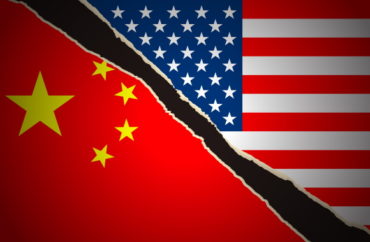
Cornell faculty condemn university’s CCP partnerships
By Joseph Hobbs, MIT
02 May 2023
The Cornell Faculty Senate recently passed a resolution that condemned the Chinese Communist Party and asked the university to protect freedom of academic expression at home and abroad.
The Faculty Senate passed Resolution 184 in light of the Chinese Communist Party’s politically and socially repressive behaviors and maintained that Cornell University administration “should take all necessary steps to ensure that academic freedom and freedom of speech” in both domestic and international academic programs.
Resolution 184 acknowledged Cornell’s “rapidly expanding academic programs” in China, as well as the Chinese Communist Party’s actions that have “strongly suppressed and punished political dissent.” To this end, the resolution “strongly condemns political, social, and cultural repression.”
It further urged Cornell administration to “take all necessary steps to ensure that academic freedom and freedom of speech” is preserved for Cornell students and faculty worldwide.
Professor Richard Bensel, the original sponsor of Resolution 184, told The Cornell Daily Sun that Cornell University administration “has not released any statements” on the Chinese Communist Party’s “repressive and authoritarian actions,” and that Cornell’s academic programs in China “lend legitimacy to the People’s Republic [of China].”
The College Fix reached out to the political science professor via email to ask what he hoped the Cornell administration would do in response to Resolution 184 and what factors he saw to be China’s greatest leverage on Cornell.
Bensel stated that he hoped Cornell administration would “engage the Faculty Senate in an open and frank debate” about Cornell’s involvement with the Chinese Communist Party. He also hoped that the administration would engage in open discussion about “the ethical and intellectual compromises that are entailed by that involvement [with China].”
In terms of leverage on the university, Bensel expressed concern about the Brooks School of Public Policy, at which 48 percent of enrolled students are from the People’s Republic of China. His concern was heightened by the fact that “the large majority” of these students “pay full tuition.”
Because of this, “[t]he Brooks School’s financial existence rests on these students,” the political scientist said.


